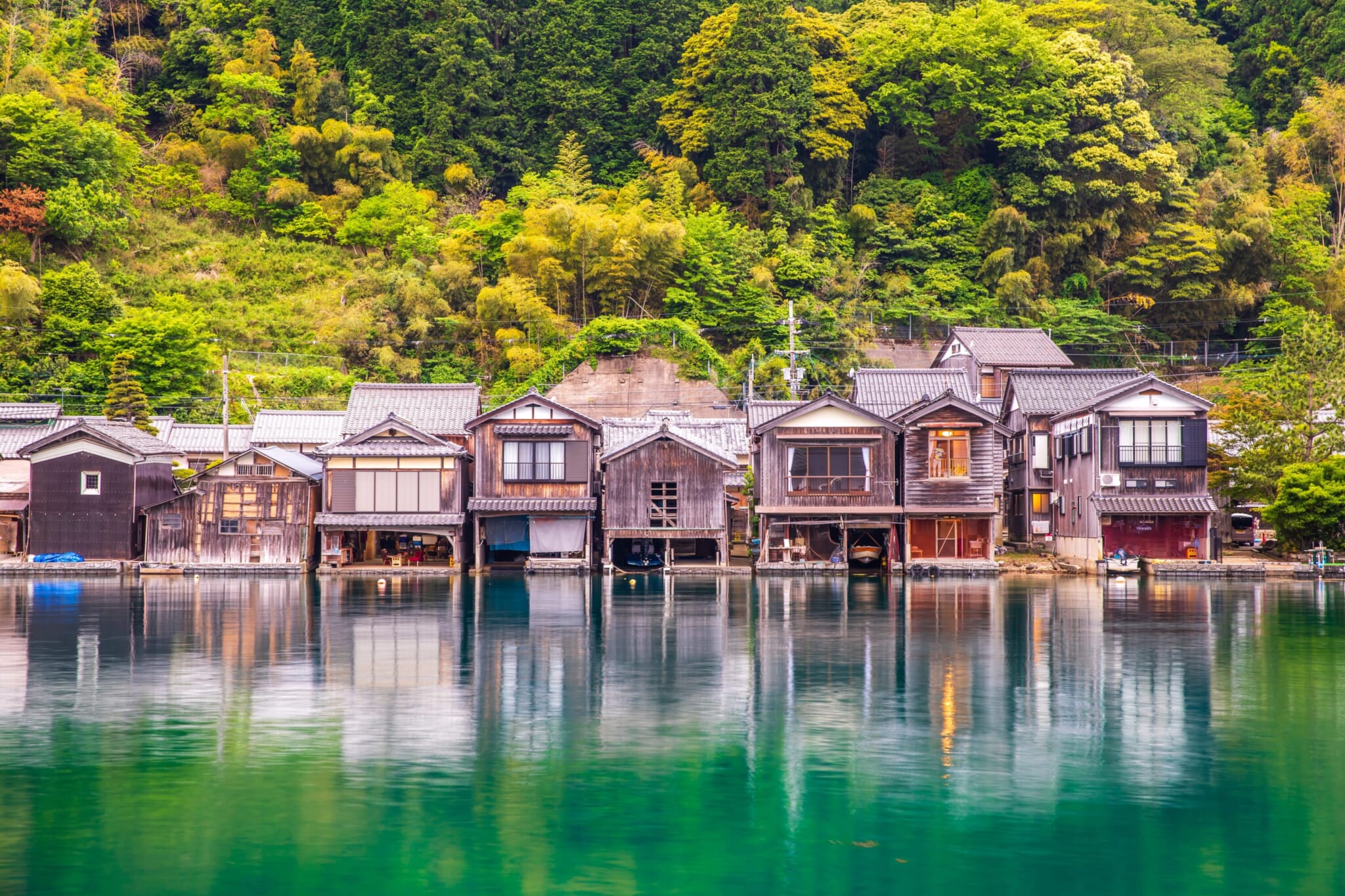IT has been easier for tourism to be at the heart of Fiji’s resilience. With its deep connection to nature, the industry has faced climate challenges head-on, from cyclones to tidal surges, and even the COVID-19 pandemic. Each disaster, even when devastating, has been an opportunity for growth and renewal.
What choice do we have, given our island paradise with its location, is expected to face these climate threats well into the future. But these experiences have taught us the value of being adaptable, resilient and prepared. Through every storm, Fiji’s tourism sector has become more determined to protect the environment that draws visitors here.

The hardships we’ve faced have only strengthened our commitment to sustainability, ensuring future generations can continue to enjoy Fiji’s natural beauty and that by rebuilding better and preparing in advance, we can better shape our response and therefore the strength of our resilience. We have learnt that while nature continues to test us, it also shapes us into becoming better stewards of this paradise. In this respect you might say we have really stepped up our game when it comes to protecting our environment, realising that these beautiful landscapes are not just vital for our industry, but often reduces operational costs as a result when we are better prepared and taking care of recycling, reducing and reusing where possible, but that our own safety and survival become a relevant part of this caring.
By reviewing our sustainability standards and embracing new solutions, we’re making sure our beaches, coral reefs, and rainforests can remain as stunning as ever, with a deeper understanding that every choice we make now revolves around preserving what makes Fiji special. Climate change has pushed us to adapt and be more resilient. It’s not just about dealing with disasters anymore; it’s about being ready for whatever comes next and using what we’ve learned to stay ahead.
Tourism operators are rethinking single-use plastics, replacing, reusing and recycling more often and where practical. COVID gave us a forced pause – a time to re-evaluate what we were doing and how we did that – but more specifically – it made us see this through the visitor lens in terms of where their travel expectations were moving, and what the research showed us on how travellers’ priorities had changed. They weren’t just looking for relaxation.
They wanted deeper, more meaningful experiences that brought them in closer proximity to people, nature and culture. Perhaps the border shutdowns around the world caused people to revaluate the richness (or hollowness) of their lives and their connectivity to these things. This insight led us to focus on what really makes Fiji unique: our natural beauty and the rich connections we could offer.
From this reflection, it became clear that Fiji needed a fresh approach, where happiness, nature, and culture were at the core of every experience we offered. This shift helped us reconnect with our roots, ensuring that when travel resumed, Fiji would be a place that showed its already natural deep connection to its land, people, and stunning environment. With the rebranding of Fiji as a place where “Happiness Comes Naturally,” we’ve embraced the eco-friendly practices that were already available – but made these a cornerstone of how we were doing things henceforth.
We were already protecting and rebuilding coral reefs, but now we invite our visitors to do this with us and learn the importance of why we must be vigilant protectors of our oceans. For those seeking nature and adventure, we ensured these experienced were better promoted, identified within communities that wished to participate in tourism, and opened up the necessary pathways to small business operators who could offer these from within their own communities Tourism operators were already actively working to maintain our islands’ pristine charm by cutting down on plastic, conserving water, recycling waste and using renewable energy even though many of these initiatives must be done without the supportive policies that make their adoption simpler, more affordable or widely understood. Now they’re showing their guests how they do these and why.
Because our future is at stake. The gaps between the tourism sector’s initiatives and the national issues on waste management and environmental policies have existed for decades. The difference now is that these are on the policy-makers’ radars and even included on Fiji’s National Development Plan.
And while many might scoff and say these might just remain as a distant plan, we believe listening to us discuss these gaps, acknowledging that we do have a problem and then identifying how we can address them (with some real input from the industry), shows we might just be ready to start with the small bites needed to eventually devour this giant elephant sized challenge. Many parts of Fiji still struggle with poor waste collection, recycling is not a practice being encouraged at a national level (because this needs the supportive policies in place for how you collect, recycle and dispose of the end products), and environmental concerns are considered issues for people and businesses who live in the coastal or maritime areas. In areas outside of tourism spaces, waste often ends up in drains, streams, rivers, and eventually our oceans, causing long-term damage.
And until the blockages cause flash-flooding on city and town roads or highways and disrupt work and schools, many do not see or appreciate the issue enough to change their daily behaviours. Educated people with jobs and cars continue to take their household waste that is conveniently placed in garbage bags, to a nearby stream or river to toss into – because the area they live in does not have formal waste collection services. These same (educated and with jobs) people would also add their loud voices to rally against any discussions on increasing city and town rates to allow municipalities to widen their current coverage for waste collection services or increase their collection frequencies.
Cheaper to toss their rubbish into a river, so obviously a mind-set change will be required to change our bad behaviour. Tourism operators are doing their part, with many cleaning up local beaches and going beyond their usual boundaries, with commercial, religious, social groups and schools joining these efforts. What we don’t ask ourselves when we see these groups having to constantly do this, is to ask WHY we must keep doing this? Why don’t we create the much-needed awareness for our population that we shouldn’t be tossing rubbish out of bus and car windows? Why aren’t we teaching beach goers, picnicking families and groups and people using our parks and roadsides to put their rubbish in a bin? This clearly spotlights a bigger problem: the need for nationwide policy changes and better education and support for environmental efforts across the whole country.
The tourism industry cannot handle all the environmental challenges alone despite its best efforts. Stronger national strategies are needed to tackle waste disposal, pollution, and recycling. Fiji faces ongoing sustainability challenges, particularly with the lack of a solid recycling infrastructure.
While some small-scale efforts exist, they fall short of what is critically needed. The issues of waste disposal, stray animals, and insufficient recycling systems in rural areas make achieving a sustainable future even tougher. Without national policies that focus on recycling and environmental protection, these problems will continue to exist and grow.
Sustainability in Fiji isn’t just up to the tourism industry; it’s something we all need to prioritise. Balancing environmental protection with essential services like clean water, better healthcare, and affordable housing is crucial. Tourism has shown what’s possible when we make sustainability a priority and is one of the many drivers of our success as an industry.
But it’s time for everyone to join in, keeping Fiji beautiful and thriving while working toward a greener future should be in everyone’s interest..




















